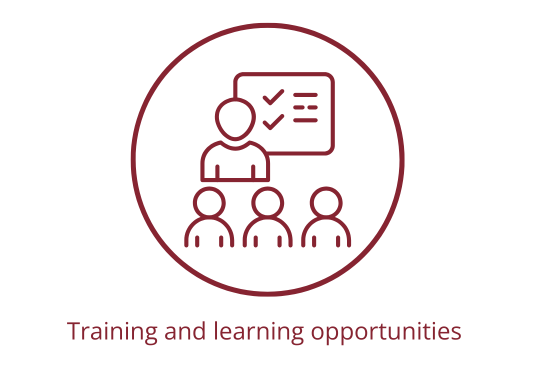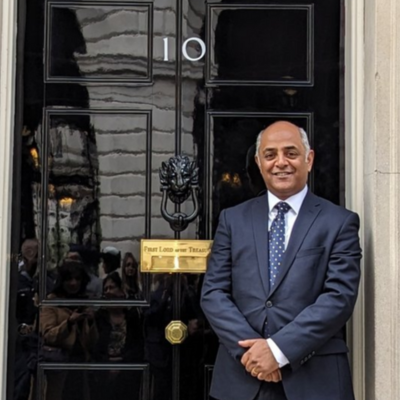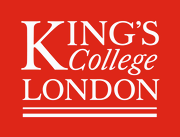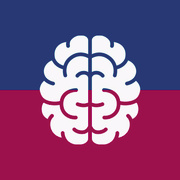Equity, Diversity & Inclusion
What does the BNA Scholars Programme offer?
The Programme offers a unique blend of mentoring, professional development, and community support to help early-career neuroscientists reach their full potential. Through structured guidance from experienced mentors, access to cross-sector opportunities, and connection with a thriving BNA network, Scholars gain the tools, confidence, and community to grow and succeed in neuroscience
Making a lasting impact
- Growing confidence - BNA Scholars report feeling more prepared to achieve their career goals within 3–5 years.
- Stronger networks – building community, belonging, and career clarity.
- Real change – feedback from BNA Scholars directly shapes the programme ensuring it stays relevant and inclusive.
Hear from our BNA Scholars
My mentor is so warm and encouraging – she helps me feel confident in my goals and I can relate to her as a woman with caring responsibilities.
The BNA Dementia Masterclass was my first ‘conference-like’ experience in neuroscience – it opened my eyes to new possibilities.
Visiting UCB gave me valuable insight into real-world science and how patient-centred approaches work in practice.
Our EDI in Action
In addition to our flagship initiative, the BNA Scholars Programme, we actively champion equity, diversity, and inclusion across the organisation:
-
Proud signatory of the Declaration of Equity and Inclusion from the ALBA network. The BNA is part of an international community committed to equal opportunities and non-discriminatory procedures and practices.
-
Embedding EDI in policy and procedures: We ensure that equity and inclusion are reflected throughout our governance and activities. Read the full policy.
-
Carers Grant: Thanks to funding from Guarantors of Brain, this grant supports BNA members with caring responsibilities to attend neuroscience events.












